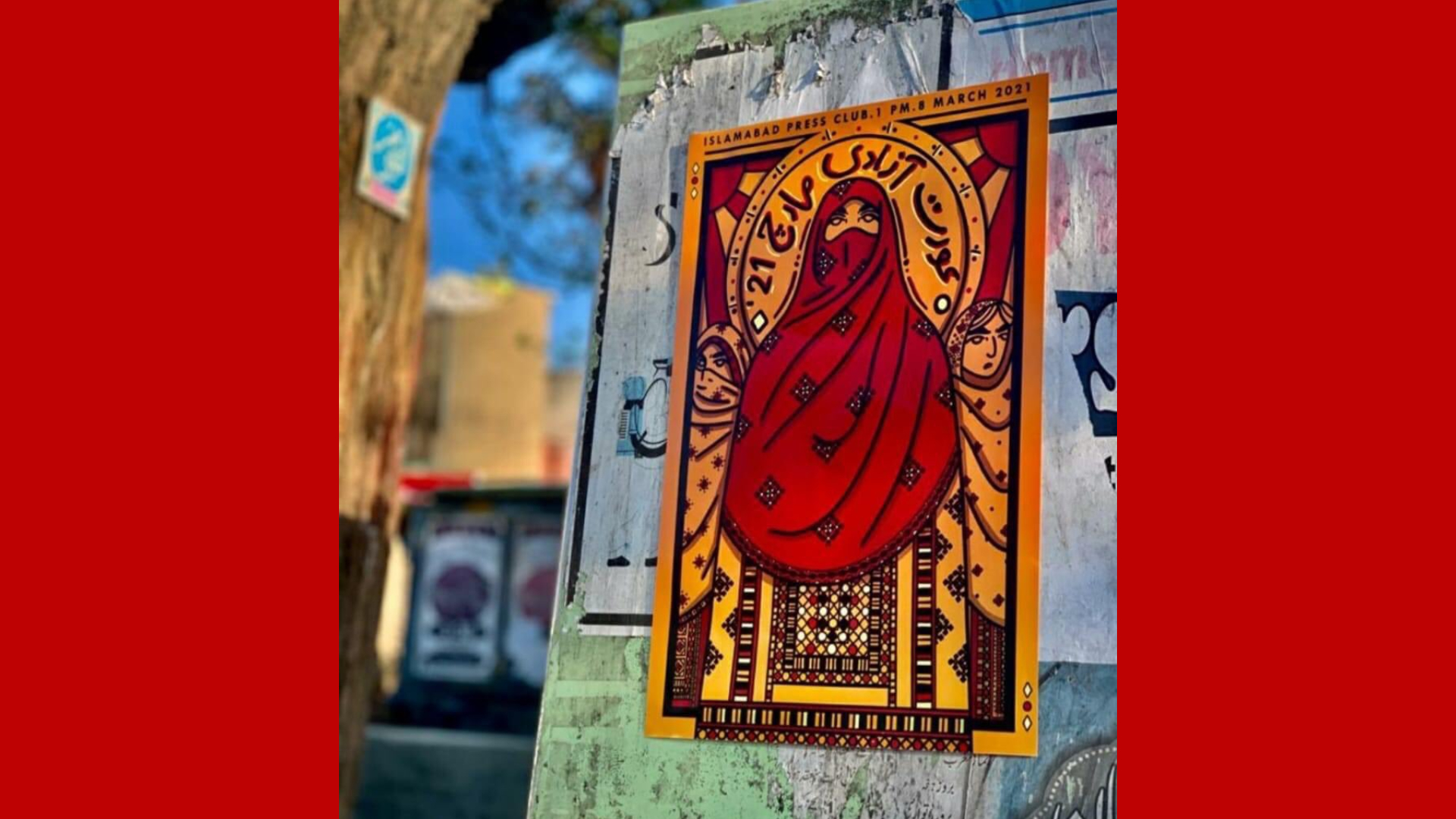On International Working Women’s Day on March 8, women will come out on the streets of Pakistan for the Aurat Azadi March and Aurat March. The protesters released a 15-point charter of demands addressing issues ranging from access to healthcare to patriarchy, all of which affect women’s welfare in Pakistan.
The group demanded for allocation of 5% percent of GDP of the 2021-2022 fiscal budget “with information on allocation of women’s and transgender community’s reproductive, mental and rehabilitative health.” Also demanding that the authorities subsidize sanitary products, the group wants the government to increase its expenditure on improving reproductive health of women.
Asserting the need for healthcare for all, the group has demanded that the government put an end to efforts to privatize healthcare systems and the give universal access of modern contraceptive methods and safe abortion facilities to all.
According to reports, every year about 60 to 70% of women suffer some form of abuse and nearly 5000 women die due to domestic violence in Pakistan.
#AuratMarchLahore is going to be a physical march this year too! Even though the government has allowed public outings for March, everyone will be expected to follow the SOPs. Keep your masks on at all times ✊🏼#AuratMarch2021#PatriarchykaPandemic pic.twitter.com/GA8Rcjnj7d
— عورت مارچ لاہور – Aurat March Lahore (@AuratMarch) February 26, 2021
Highlighting the failure of chemical castration as a means of stopping rape, the group demanded that it be removed as a form of punishment in the Anti-Rape Ordinance, 2020. The charter of demands argues that the punishment is “rooted in the faulty notion that rape is a crime of sexual desire rather than of power.”
They have also demanded that the government take into consideration “accessibility for all classes, genders, religious and ethnic minorities” with regard to the COVID-19 vaccine roll out policy adding that related data also be made available. “We also demand that the government release gender-segregated COVID-19 data, including data about the transgender community.”
Pakistan was ranked 151 out of 153 countries by the World Economic Forum in the 2020 Global Gender Gap index, illustrating a dismal picture of women’s rights in the country.
Meanwhile, the group has also noted that the Harassment of Women at the Workplace Act, 2010, in all medical facilities should be amended so as to incorporate the harassment faced by patients, mentioning clearly public and private areas outside of the workplace under the law’s ambit.
In 2019, some of the banners carried by demonstrators during the Aurat Azadi March triggered a nationwide controversy and debate across social media after right-wing politicians and religious conservatives took umbrage against them.
The organizers and sympathizers of the protest were subjected to a lot of criticism and vitriol although the organizers reiterated their commitment to continue mobilizing. “[U]ntil the women of Pakistan will not come out on the streets with their demands just like people from other sectors, things aren’t going to change. That’s why the women’s march should happen,” Kulsom Tafima, spokesperson of Progressive Students Collective, said.
The complete list of demands can be read here.





